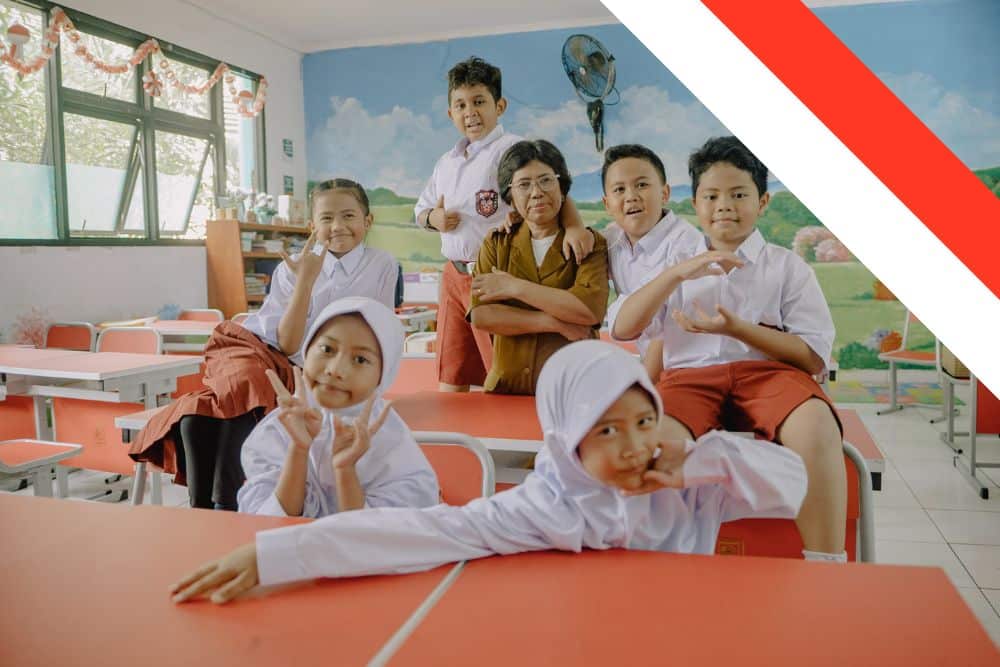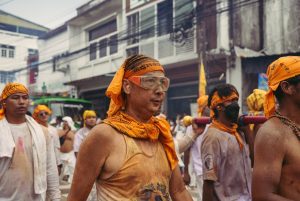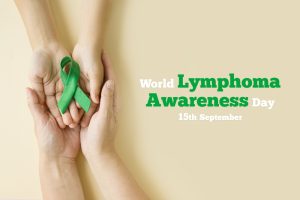Stay safe this Lebaran season and protect your loved ones from common illnesses like HFMD and Dengue fever, especially now that we are in the middle of the Lebaran season.
Be informed about these diseases, especially when travelling with kids. Educate yourself on prevention methods for a worry-free celebration.
With Lebaran celebrations underway in Indonesia, many look forward to reuniting with their loved ones. It’s important to remember to prioritise health during this joyful time. Common illnesses such as Hand, Foot, and Mouth Disease (HFMD) and Dengue fever are more prevalent during travel seasons. It is vital to stay alert and take preventive measures to ensure a safe and happy Lebaran celebration.
Nearly 6,500 HFMD Cases Recorded in 2024
As of week 13 in 2024, 6,500 cases of Hand, Foot, and Mouth Disease (HFMD) have been reported nationwide in Indonesia. These cases predominantly affect children, with fewer cases in adults. The areas most affected by HFMD are concentrated on Java Island, notably West Java (2,119 cases), Banten (1,171 cases), Yogyakarta (561 cases), and Central Java (464 cases). The Ministry of Health of Indonesia released this information on April 9th, 2024.
HFMD: A Contagious Threat, Especially for Young Children
HFMD is a contagious viral infection caused by Coxsackievirus A16 or Enterovirus 71. It mainly impacts children under threat and spreads quickly through contact with infected people, respiratory droplets, or contaminated objects. Be on the lookout for these symptoms of HFMD, usually showing up within 3-5 days after exposure:
- Fever
- Sore throat
- Loss of appetite
- Fatigue
- A rash on the palms of the hands, feet, and mouth. The rash is usually non-itchy and appears as flat or slightly raised red spots, sometimes with blisters.
- Mouth sores typically start as small red spots, often on the tongue and inside the mouth, that blister and can become painful.
Combating HFMD: Prevention and Management
There’s no specific cure for HFMD, but preventive measures and managing symptoms are essential. Here’s what you can do:
- Frequent handwashing is essential. MaWashands thoroughly with soap and water after using the toilet, before eating, and after any contact with a sick person.
- Maintain distance from infected individuals. This helps prevent the spread of the virus through close contact.
- Disinfect contaminated surfaces regularly. This reduces the risk of the virus lingering on surfaces and causing infection.
When your child gets Hand, Foot, and Mouth Disease (HFMD), make sure to help them feel better by giving them plenty of fluids, gier-the-counter fever and pain medications, and gentle mouthwash to help with throat pain. Most children usually feel better within a week to ten days after getting HFMD.
Dengue Fever Cases Continue to Rise
The number of dengue fever cases in Indonesia continues to climb, with 60,296 cases and 455 fatalities recorded as of week 14 of 2024 (April). This represents a steady increase compared to previous weeks. The Ministry of Health of Indonesia released this information on April 9th, 2024.
Dengue Fever: A Mosquito-Borne Threat in Indonesia
Dengue fever is a severe health risk in Indonesia, where there are many cases of it due to the Aedes aegypti and Aedes albopictus mosquitoes. It is essential to be aware of this virus transmitted by mosquitoes, especially since many of the world’s population live in areas where dengue is prevalent.
Symptoms of dengue fever typically appear 4-10 days after an infected mosquito bite and include:
- High fever (38-40°C)
- Severe headache
- Muscle and joint pain
- Fatigue
- Nausea and vomiting
- Skin rash and minor bleeding (nosebleeds, bleeding gums)
In severe cases, dengue fever can progress to life-threatening complications like dengue hemorrhagic fever (DHF) and dengue shock syndrome (DSS). Be aware of these warning signs:
- Severe abdominal pain
- Persistent vomiting
- Severe bleeding
- Low blood pressure
- Difficulty breathing
Combating Dengue Fever: Prevention is Key
The most effective way to combat dengue fever is through prevention. Here are some essential mosquito control measures:
- Use mosquito nets while sleeping.
- Wear long-sleeved clothing and pants when outdoors.
- Apply mosquito repellents containing DEET, picaridin, or IR3535.
- Eliminate potential mosquito breeding grounds around your home. This includes stagnant water in containers, old tyres and clogged drains.
If you experience dengue fever symptoms, consult a doctor immediately. There’s no specific treatment for dengue, but doctors can manage symptoms, prevent complications, and ensure proper hydration. In severe cases, hospitalisation might be necessary.
A Dengue Vaccine Offers Hope for the Future
The arrival of the initial dengue vaccine in 2015 brings hope for managing this widespread illness. This vaccine is now accessible in numerous Asian and Latin American nations. It is suggested for those living in regions with a high risk of dengue, especially kids between 9 and 16 years old.
Celebrate a Healthy Lebaran Season
With the Lebaran Season upon us, it’s essential to prioritise our health. Stay updated on HFMD and Dengue fever, take preventive actions such as frequent handwashing and mosquito control, and seek medical help. This will ensure a happy and safe celebration for everyone.














